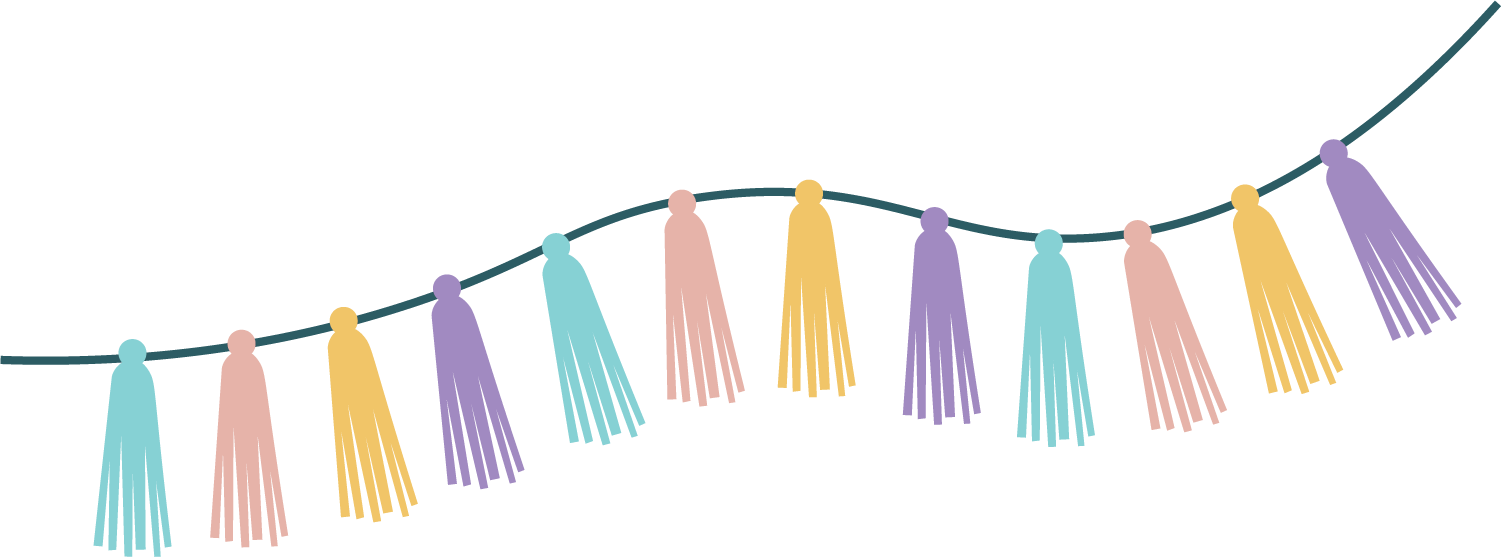
If your child just received an autism diagnosis and you are feeling lost, scared, or confused, we want you to know that you are not alone.
There’s hope! Receiving the diagnosis is the first step in the right direction for your little one. It’s a way forward, unlocking doors to understanding your child.
Perhaps you’re wondering how to find the best therapy to treat autism. If you don’t quite know where to begin, this article will give you a greater sense of clarity on treatment options.
A quick note: we’ve chosen to refer to the feminine gender for ease of reference. But this information does apply to both boys and girls.
What Is Autism?
Autism Spectrum Disorder is a neurological condition. It includes a range of behaviors, which present differently in each individual. These impact social, communication, and cognitive functions.
The great part is, when it comes to treatment, there is no one-size-fits-all solution. Most autism intervention plans support an individual’s challenges with behavior and language.
You might notice autism symptoms in your child’s development or her behavior in certain situations, for example. Choosing the right therapist will help you to address signs of autism that are specific to your child.
An autism test is not like other medical tests. It doesn’t show up on blood work nor is it defined in a laboratory. To provide a diagnosis of autism, a qualified specialist studies behavior, and development. These specialists include pediatric neurologists, child psychologists, or developmental pediatricians.
Therapists for Autism
Autism therapy is based on developing tools to address your child’s specific needs. Each child learns and grows in their own particular ways. The point of therapy is to help your child thrive.
With time, you might need to adapt intervention methods as your child masters new skills. As she overcomes challenges and encounters new ones her therapy needs will change. What matters most is to choose a therapy option that works for your child’s needs at the present time.
The primary avenues of autism intervention are behavioral, occupational, social, and speech therapies. Here’s a closer look at what each of these therapists will focus on.
Behavioral Therapy
Applied Behavior Analysis (ABA), is one of the primary early intervention treatments. It’s based on a structured and scientific approach. ABA teaches children to adapt and respond to their environment holistically. Skills range from self-care to academics and play. At Dream Big, we help our kids learn and grow through play. Our centers are colorful, fun, and our therapists are putting a new twist on ABA therapy by making it something that kids enjoy and look forward to.
An ABA therapist sees a child’s behavior as their way of communicating. They are trained to discern what your child is trying to express through her actions. One aim is to teach a child with autism appropriate ways to communicate what they need.
ABA therapists use positive reinforcement to develop new skills and positive behavior. Their techniques involve helping children learn through repetition and encouragement. The aim here is to build positive behaviors and gently remove the problematic ones.
The therapist will observe your child’s abilities before setting appropriate, attainable goals. This treatment is research-based and years of evidence have proven its effectiveness.
Occupational Therapy
The focus of occupational therapy is on helping your child become more independent. Sessions include meaningful skills used at school, home, or during the daily routine. An occupational therapist helps your child with life skills and helps you with assistive technology that will support her progress.
Occupational therapy will include daily living exercises that have fine motor functions. The therapist pays particular attention to motor skill development. Interactive sessions build coordination, awareness, and strength. Meeting your child’s specific goals will be their main concern.
Speech Therapy
Speech therapy goes beyond teaching your child how to articulate words. Communicating effectively uses a variety of skills. It means listening, paying attention, interpreting verbal and non-verbal cues, and turn-taking.
Speech therapy can empower your child to express herself verbally. Practicing language skills in a controlled environment can give your child confidence. This translates into improved social behavior through communication and interaction with others.
Social and Sensory Integration Therapy
A speech or autism specialist may design social skills therapy classes that provide a safe environment for children to practice interacting with others. The goal is to improve how children on the autism spectrum interact and bond with others.
Stories and role-playing help your child relate her sessions to real-life social situations. The focus is purely on developing an understanding of social situations. Children receive feedback during social therapy that helps them navigate the unspoken interactions.
Sensory integration therapy is a type of occupational therapy. It helps children cope with the sensory messages their brain receives. It’s been found to be extremely beneficial in helping children deal with sensory inputs in a calm way.
During these sessions, your child will explore with games and safe experiences. Gradually your child’s tolerance to sensory triggers will become stronger.
The general goal for any type of therapy is mainstream integration. However, don’t be in a hurry to move your child away from a therapy program. Pushing your child into the mainstream too soon could slow her progress.
Whatever approach you choose, early intervention is always the wisest choice. More dedicated therapy early on can lead to greater age-appropriate success later.
The Future is Bright
The best kind of therapy will be the one that’s based on the best interests of your child, with love, care, and your best efforts. While it’s always recommended to start with therapy as early on as possible, it’s never too late. Ask for help when you need it. Be flexible and sensitive to your child’s strengths and struggles.
Remember, growth takes time, so don’t lose hope, follow your child’s timing. Help her gain confidence, face her challenges, and encourage her to do things for herself. Celebrate the small wins and acknowledge all her efforts.
If you’d like some advice on autism and treatment options, our fun and nurturing team at Dream Big Children’s Center is waiting to talk with you today!


